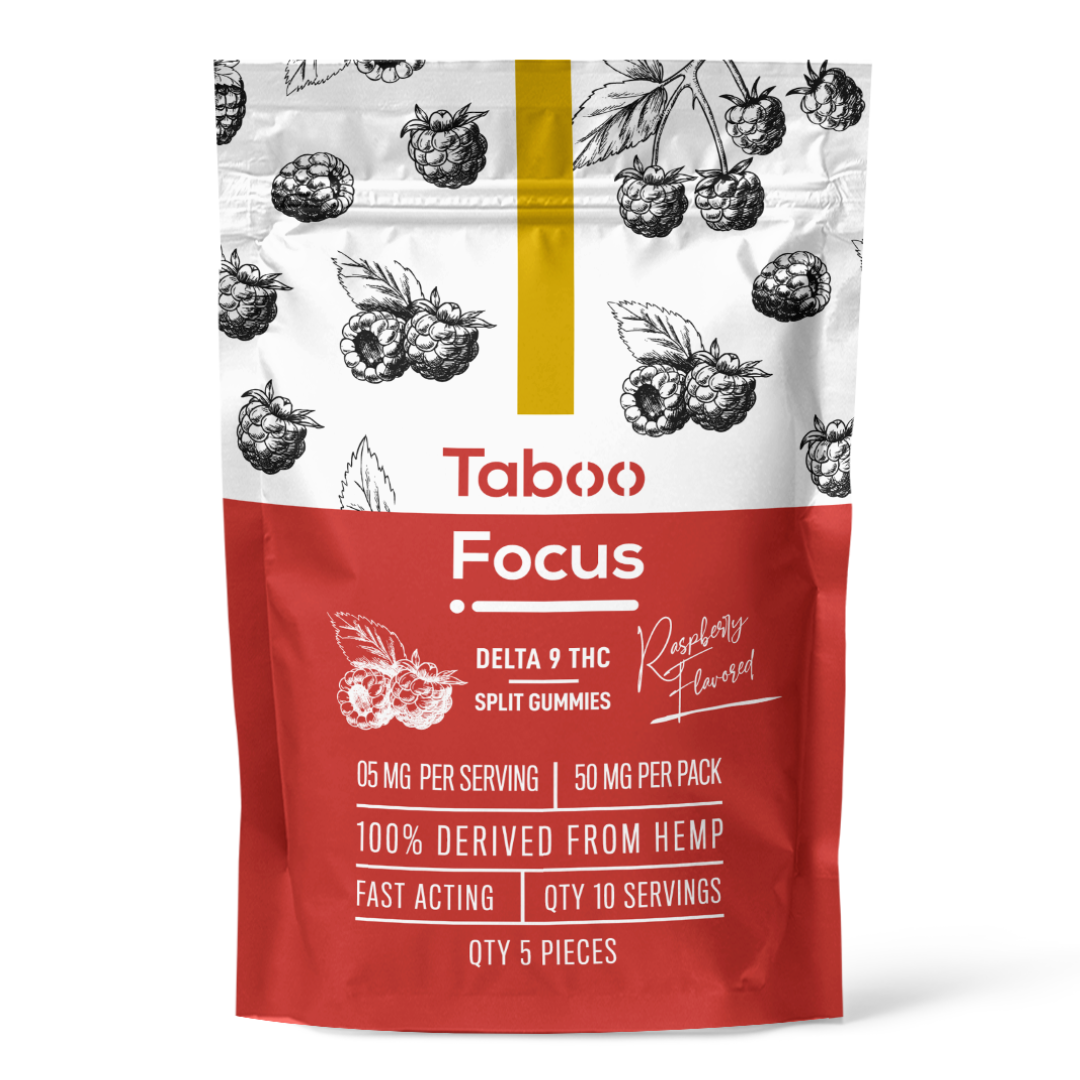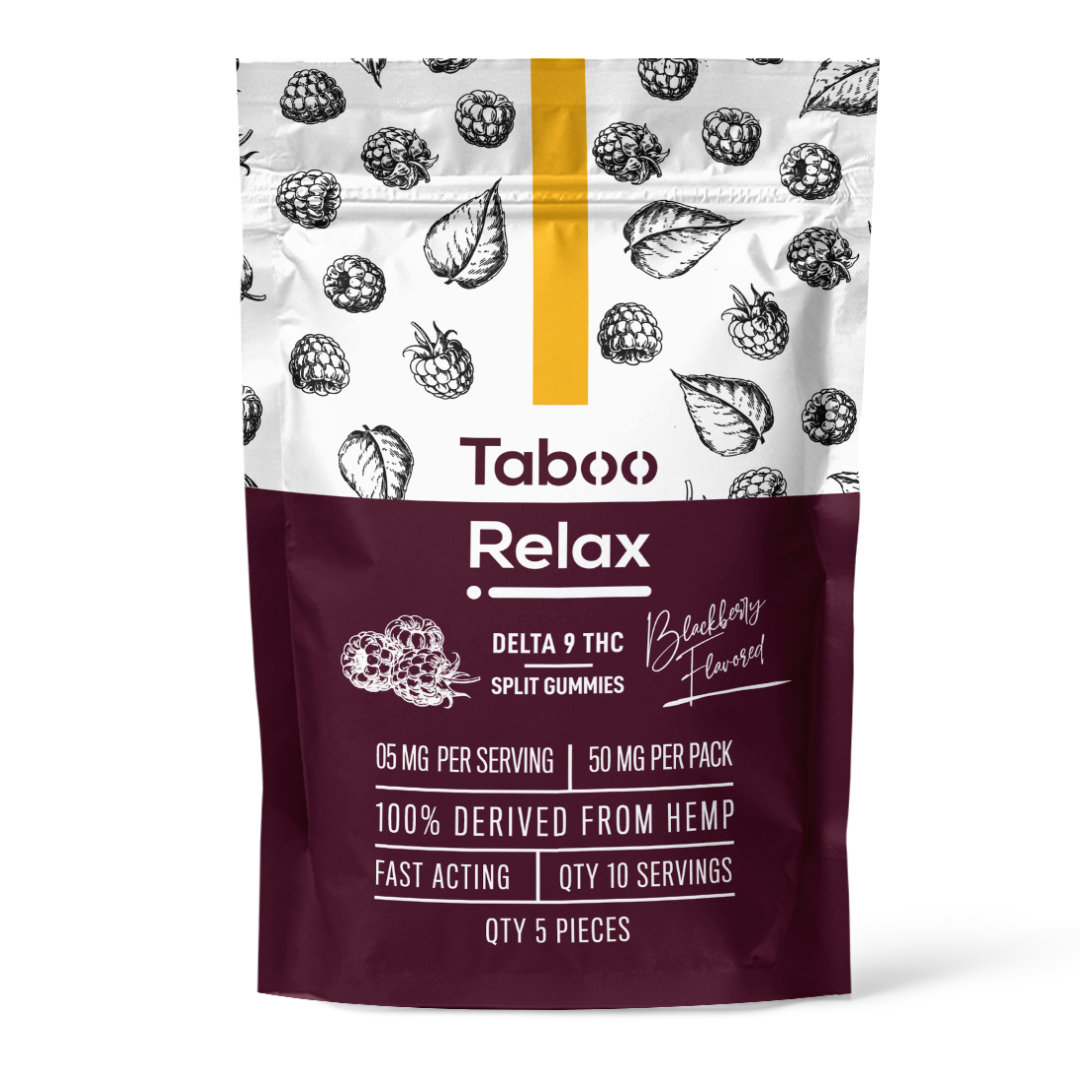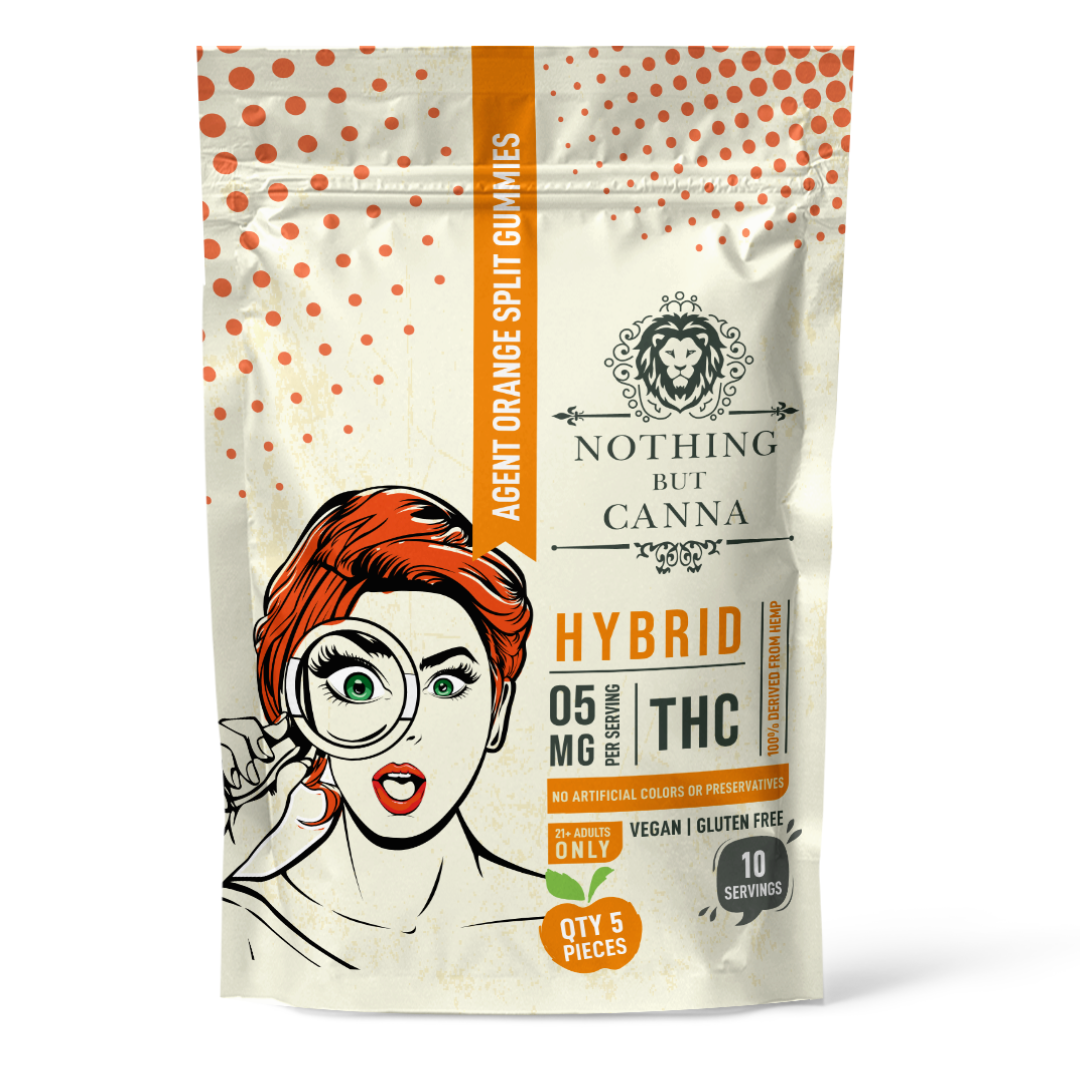
Opportunities for hemp to expand into the biofuel market may not come as quickly as some entrepreneurs expected. On June 25, the U.S. Supreme Court made it easier for small refineries to be exempted from federal mandates that require them to blend more biofuels into their gasoline and diesel products.
This is a major setback for biofuel producers and may even end up limiting the opportunities the hemp industry has to compete with the existing corn-based biofuels currently dominating the market.
Justices disagreed with each other over the word ‘extend’
The refineries reportedly wanted more time to comply with certain provisions of the Clean Air Act. According to Hemp Industry Daily, “[f]ederal authorities initially gave small refineries extension to 2011,” and those extensions were extended.
Now, the Supreme Court’s 6-3 decision further delays efforts to increase the usage of biofuel like ethanol. According to Reuters, this decision “overturned a lower court decision that had faulted the U.S. Environmental Protection Agency for giving refineries in Wyoming, Utah and Oklahoma extensions on waivers from renewable fuel standards (RFS) requirements . . . even though the companies’ prior exemptions had expired.”
The Supreme Court ruling compared the extensions to the extension that a student might be granted on a term paper or a business might be granted on a contract with an expired term.
“It is entirely natural – and consistent with ordinary usage – to seek an ‘extension’ of time even after some time lapse,” said Justice Neil Gorsuch, who authored the ruling.
In a dissent, justices Amy Coney Barrett, Sonia Sotomayor and Elena Kagan took issue with the way the ruling interpreted the word ‘extend.’ Barrett reportedly wrote that the “EPA cannot ‘extend’ an exemption that a refinery no longer has.”
This is reportedly the same position taken in the now overturned lower court ruling. The Denver-based 10th U.S. Circuit Court of Appeals reportedly ruled last year that the EPA had exceeded its authority “because there was nothing for the agency to ‘extend.’”
Which biofuels can be made from hemp?
Ethanol is usually used as an additive to gasoline. Hemp is converted to ethanol through a process called cellulolysis. This involves fermenting and distilling the plant matter to extract ethanol. Hemp can also be converted into methanol, which is similar to ethanol. This is done through a process called dry distillation, which uses only the woody pulp from the hemp stalks.
Currently, most ethanol is made from corn. However, hemp can be grown in lower quality conditions than corn can. This means that farmers can grow hemp where they cannot successfully grow corn or other food crops. This also could free up much of the corn that farmers grow to be used as food instead of being converted into fuel.
Biodiesel is another type of fuel that can be made from hemp. Hemp biodiesel appears especially promising because it can be used in any conventional diesel engine. The oil from hemp seeds is the main ingredient in hemp biodiesel, and researchers at the University of Connecticut found that it has an impressive 97% conversion rate into biodiesel.
Hemp seed is around 30% oil, which is just one reason why it makes a good choice as a biofuel crop. It is also a good choice because it requires few chemicals to grow, it sequesters carbon from the atmosphere, it removes toxins from the soil and it matures quickly.
Had the U.S. Supreme Court not backed the refineries in the biofuel waiver dispute, federal mandates would have expanded the demand for biofuels. In turn, this could have helped hemp biofuel producers get a better foothold in the market. Following the Supreme Court’s decision, hemp biofuels could still be the way of the future, but it might take a little longer before they become popular.
Sources
[1] https://hempindustrydaily.com/supreme-court-hands-biofuels-a-setback-in-waiver-dispute/
[3] https://ministryofhemp.com/blog/hemp-biofuel/
[4] https://www.cannabistech.com/articles/driving-toward-a-greener-future-with-hemp-biofuels/
[5] https://today.uconn.edu/2010/10/hemp-produces-viable-biodiesel-uconn-study-finds/#























